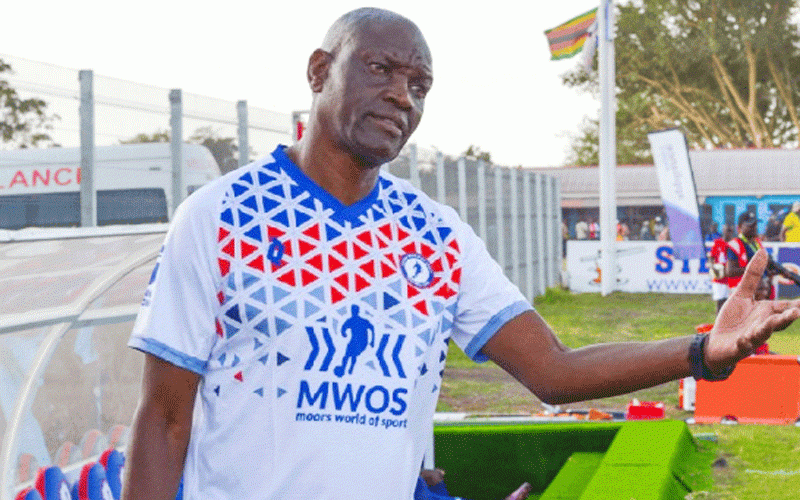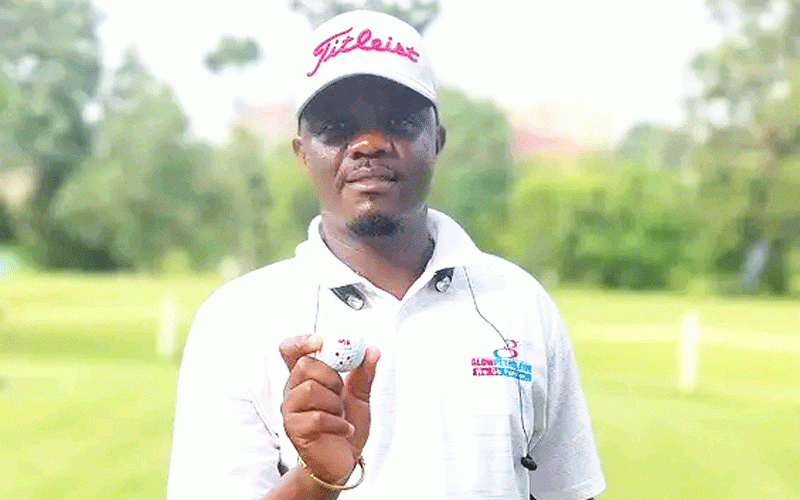
In what were once changing rooms, blood oozes down plastic tubes as its latest residents — Ugandan soldiers — donate supplies ready for battles to drive out diehard Islamist Shebab insurgents from war-torn Mogadishu.
“If my friends need my blood, or if I need extra blood, then it is good to be ready,” said James Muasa, a Ugandan soldier with the African Union force, which fights alongside Somali troops from the weak Western-backed government.
The imposing stadium has been out of service ever since then-president Siad Barre was toppled in 1991, and Somalia slid into repeated rounds of civil war.
Its grim history is marked by graffiti on its crumbling walls left by the various soldiers, warlords and rebels who have put the sports stadium to alternative use.
On one entrance, military badges painted by Pakistani units colour the walls, left by peacekeepers based here in the 1990s when — like today — famine zones were declared in southern Somalia.
It was those Pakistani soldiers who in 1993 welcomed in US troops, who had fought through the city after battling Somali fighters when their helicopters were shot down, scenes made famous by the Hollywood film, Black Hawk Down.
Recently, the Al-Qaeda-linked Shebab fighters used the 35 000-seater stadium as a training centre, turning the pitch into a firing range to test homemade armour piercing bullets, with an iron block as thick as a thumb riddled with holes.
After four years of bloody fighting against AU and government forces, extremist Shebab fighters pulled out of key positions in the city in August, but diehards clung onto suburbs and strategic road junctions out of the city.
- Chamisa under fire over US$120K donation
- Mavhunga puts DeMbare into Chibuku quarterfinals
- Pension funds bet on Cabora Bassa oilfields
- Councils defy govt fire tender directive
Keep Reading
Ugandan troops launched a fresh offensive from the stadium last Saturday, driving Shebab out of positions in the northeast of the city, after a Shebab suicide bomber last week killed at least 82 people.
“We’d like to have a football game here, a friendly between Uganda and the TFG (Somalia’s Transitional Federal Government) soldiers,” said Ronald Kakurungu, a Ugandan captain.
“We are still too busy, but it will be good to see the stadium back to normal use again,” he added, waving at the crumbling stands.
Today, an armoured troop carrier is parked on the bumpy and dusty pitch, where a lonely donkey grazes the sparse grass.
—AFP











